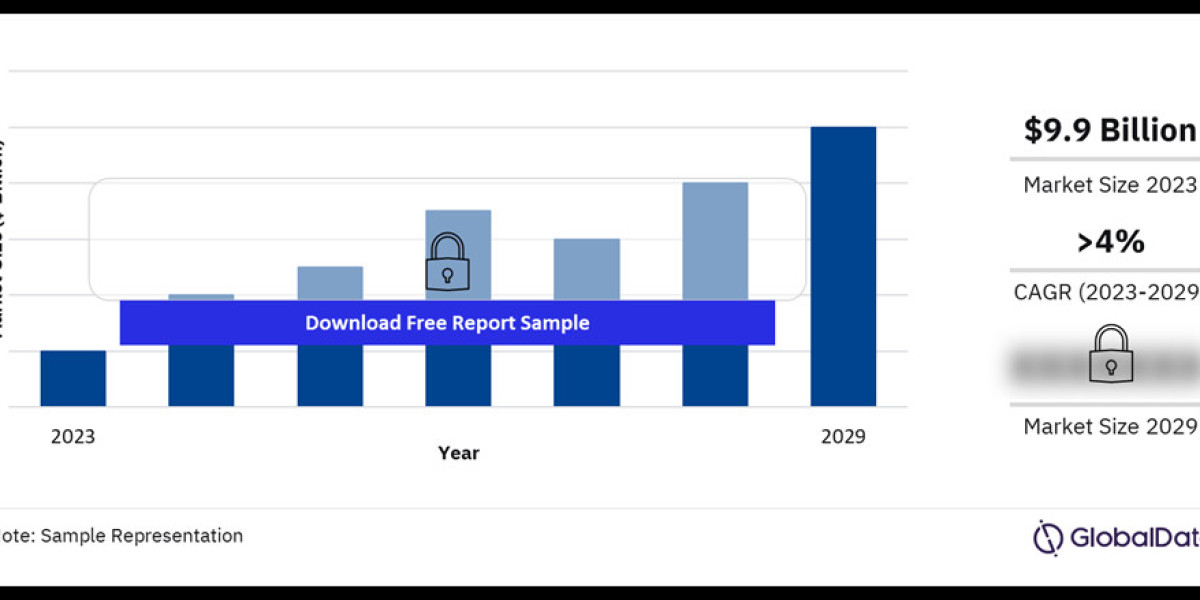In today’s competitive business world, intellectual property (IP) has become one of the most valuable assets a company can possess. As industries continue to innovate, the need for effective patent monetization report strategies has grown significantly. This article will provide insights into patent monetization and how businesses can leverage their intellectual property to maximize returns.
Understanding Patent Monetization
Patent monetization is the process of extracting value from intellectual property assets, specifically patents. This involves several strategies aimed at generating revenue from patents, which could otherwise remain dormant or underutilized. The process of monetizing patents has become increasingly important for businesses looking to maximize the potential of their innovation.
What is IP Monetization?
Intellectual property (IP) monetization refers to the ways in which businesses generate revenue from their intangible assets, such as patents, trademarks, copyrights, and trade secrets. IP monetization can take various forms, including selling, licensing, or enforcing IP rights. In essence, it involves turning these intangible assets into valuable resources that contribute directly to a company’s bottom line.
Importance of Patent Monetization
Patent monetization plays a crucial role in modern business strategies. Patents represent a unique idea, innovation, or solution that a company has developed, and in many cases, these patents hold significant market value. By monetizing patents, businesses can:
Generate New Revenue Streams: Companies can license or sell their patents to other businesses, which can result in a consistent flow of income.
Enhance Market Position: Patents often represent a competitive edge in the market. Monetizing these patents allows businesses to capitalize on their innovations.
Fund Further Research and Development: The revenue generated from patent monetization can be reinvested into further innovation, helping businesses stay competitive in their respective industries.
Key Strategies for Effective Patent Monetization
Monetizing patents can be a complex process, but with the right strategies, businesses can unlock the full potential of their intellectual property. Below are some effective strategies for patent monetization:
Licensing Patents
One of the most common methods of patent monetization is licensing. In this arrangement, a business grants permission to another entity to use its patented technology in exchange for royalties or lump-sum payments. There are two types of licensing:
Exclusive Licensing: The licensee has the exclusive right to use the patented technology, and the patent holder cannot license the same patent to others.
Non-exclusive Licensing: The patent holder can license the technology to multiple entities, allowing for broader usage of the patent.
Licensing offers a flexible way for businesses to monetize their patents without giving up ownership, providing a steady income stream while maintaining control over the IP.
Patent Sales
Another approach to patent monetization is through patent sales, where a company sells its patent rights to another business. This method provides an immediate lump-sum payment, which can be reinvested in other aspects of the business. The sale of patents can also allow a business to focus on other areas of innovation, especially if the patent is no longer aligned with its current business strategy.
Patent Enforcement
Patent enforcement involves actively defending a company’s patent rights against infringement. This process can be time-consuming and expensive, but it can also be highly profitable if the patent holder successfully enforces their rights. In some cases, patent enforcement can result in settlements or damages that generate significant revenue.
Patent Pools and Cross-Licensing
For companies with multiple patents in the same industry, joining a patent pool or engaging in cross-licensing agreements can be an effective way to monetize their IP. A patent pool involves multiple patent holders coming together to pool their patents and license them collectively to third parties. Cross-licensing allows companies to share their patents with one another in exchange for access to each other’s patented technologies.
Key Considerations for IP Monetization Success
Successfully monetizing patents and intellectual property requires careful planning and execution. Businesses should consider the following factors when developing an IP monetization strategy:
Market Demand and Licensing Potential
Before pursuing patent monetization, it’s essential to assess the market demand for the patented technology. If there is little demand or limited potential for licensing, the chances of generating significant revenue may be low. Conducting thorough market research can help businesses identify industries or companies that may benefit from the patented technology.
Legal Protection and Patent Portfolio Management
Strong legal protection is crucial to ensuring that patents hold value in the market. Businesses should regularly review their patent portfolios to ensure that their patents are up-to-date, enforceable, and legally protected. Effective patent portfolio management can also involve identifying underutilized patents and developing strategies for monetizing them.
Engaging Professional Patent Monetization Experts
Many businesses choose to work with patent monetization experts who specialize in IP valuation, licensing, and enforcement. These professionals can help businesses navigate the complexities of patent monetization, identify the most lucrative opportunities, and negotiate favorable deals.
Conclusion
In today’s fast-paced business environment, patent monetization has become an essential strategy for maximizing the value of intellectual property. By understanding the various methods of IP monetization, such as licensing, patent sales, and enforcement, businesses can unlock the full potential of their innovations. With the right approach, companies can generate new revenue streams, enhance their market position, and reinvest in future growth. A well-structured patent monetization strategy can turn intangible assets into tangible profits, making it a key element of any modern business strategy.









